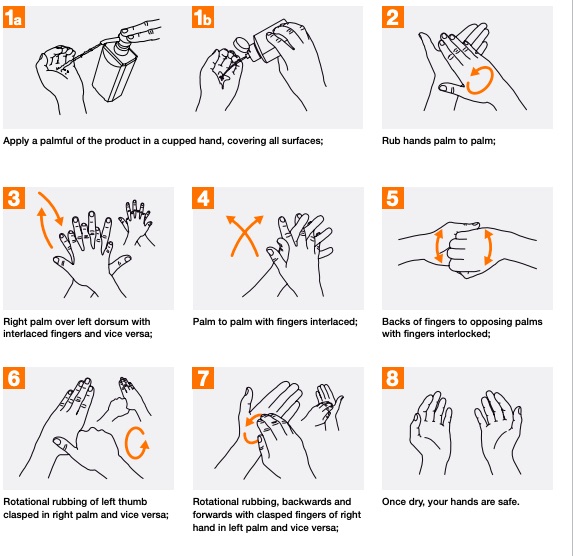Handwashing is an important personal hygiene practice that is often underrated. The benefits of handwashing are manifold. It helps prevent diarrhoea and respiratory infections and may even help prevent skin and eye infections. In fact, handwashing is also recommended to prevent the spread of COVID-19, that has claimed more than 100,000 lives in India.
Global Handwashing Day 2020
Global Handwashing Day, a global advocacy day dedicated to increasing awareness and understanding about the importance of handwashing with soap as an effective and affordable way to prevent diseases and save lives. It is an international handwashing promotion campaign to motivate and mobilize people around the world to improve their handwashing habits.
Global Handwashing Day occurs on 15 October of each year. It was established by the Global Handwashing Partnership (GHP) in 2008 as a way to promote a global and local vision of handwashing with soap.
How to wash hands effectively?
According to the World Health Organization (WHO), you should wash your hands at least for 40 to 60 seconds using clean water and soap. For thorough cleaning of hands, follow the following steps:
1. Wet your hands with clean, running water (warm or cold), turn off the tap, and apply soap.
2. Lather your hands by rubbing them together with the soap. Lather the backs of your hands, between your fingers, and under your nails.
3. Scrub your hands for at least 20 seconds as shown in the image below.


